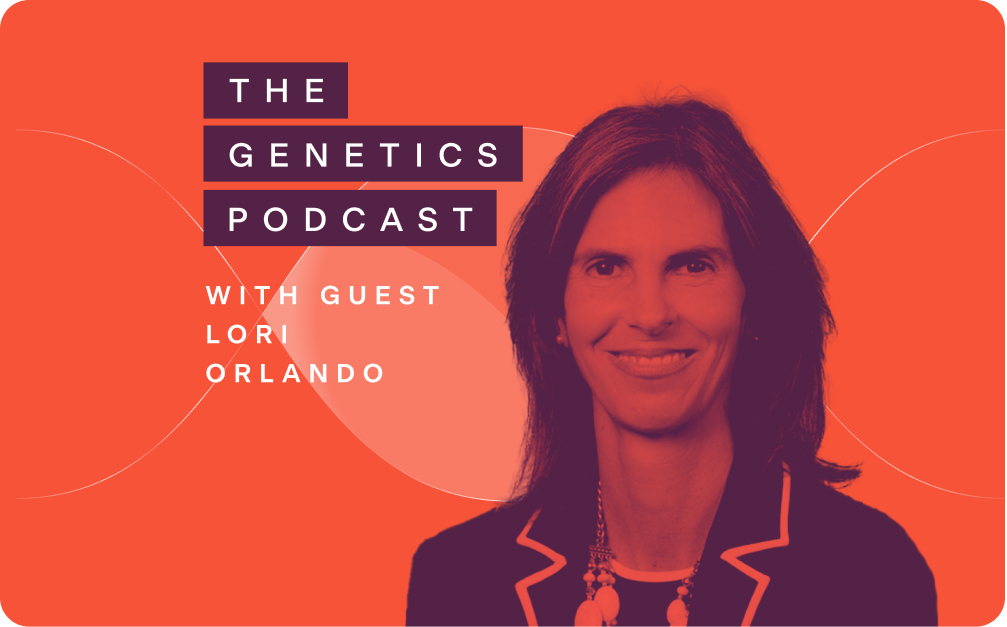Podcast recap: Bringing genomics to the clinic with Lori Orlando

Last week on The Genetics Podcast, Sano CEO Patrick Short sat down with Lori Orlando, Director of the Precision Medicine Program at the Center for Applied Genomics and Precision Medicine at Duke University. Lori shared her journey from mathematical modelling to integrating family history and genetic data into primary care, discussing the impact of genomics on healthcare and the future of personalised medicine.
From mathematical modelling to genetics and family history
Lori started her career in medical school at Tulane University, where she developed a passion for decision modelling. After moving to Duke University for her fellowship, she transitioned from focusing on Medicare coverage decisions to integrating genetics into primary care. Lori emphasised the importance of understanding family history and its role in identifying patients at higher risk for diseases. Her groundbreaking family history study in Greensboro, North Carolina, revealed that 20% of the general population needed changes in their care due to being at higher risk for disease, a finding that was later replicated across various healthcare systems in the US.
Innovative studies and the emergence of implementation science
Lori discussed how the introduction of electronic medical records (EMRs) and data standards transformed her work. By using web-based software connected to EMRs, she was able to streamline the process of collecting and analysing family history data. This led to her growing interest in informatics and the role it plays in improving clinical workflows. Lori also highlighted the emergence of implementation science, a field that studies how to effectively integrate proven medical practices into everyday clinical care. She emphasised that while the data showing clinical effectiveness is important, motivating doctors to change their practice remains a significant challenge.
Primary care and genetic testing: Overcoming barriers
Lori identified three main barriers in integrating genetic testing into primary care: identifying high-risk patients, ordering the correct tests, and understanding the test results. She stressed the need for better training for primary care providers and the development of tools such as patient portals, videos, and chatbots to educate patients. Lori also discussed the potential of using genetic test results to influence behaviour change, particularly in diseases where genetics and lifestyle are deeply intertwined, like type 2 diabetes and certain liver diseases. She highlighted the importance of preventive care and the potential savings for insurance companies if genetic testing is used to prevent serious health issues.
MeTree platform and future directions
Lori shared insights into the MeTree platform, a software tool she developed to help patients and providers collect and analyse complex family history data. The platform allows patients to log and update their family medical history, creating a living document that can be passed down through generations. Lori discussed the potential of integrating data from EMRs into MeTree to provide a more comprehensive and accurate family history. She also touched on the evolving role of genetic counselling in primary care, suggesting that as genetics becomes more integrated into healthcare, the need for pre-test counselling may decrease, while post-test counselling remains crucial for understanding and acting on test results.
Summary
This episode provided a deep dive into the integration of genetics into primary care and the challenges and opportunities it presents. Lori Orlando's work highlights the importance of family history and genetic testing in identifying high-risk patients and the potential for genetics to drive preventive care that transforms healthcare.
